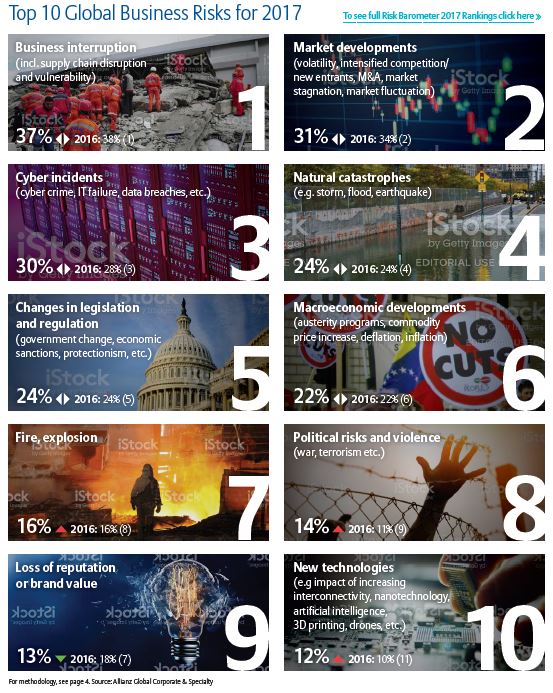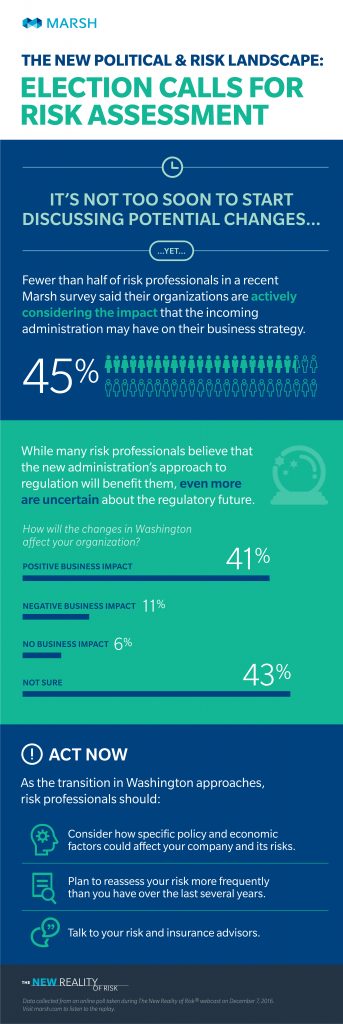On Feb. 17, Samsung empire’s heir Lee Jae-yong was arrested on corruption and bribery charges connected to a nationwide political scandal in South Korea. While this is unlikely to directly impact the global tech behemoth in day-to-day matters, it is important to investigate how firms and governments can work together more successfully to combat white collar crime and corruption.
An international affair
The fight against bribery and corruption has historically been led by the United States, the first country to implement tough legislation with the Foreign Corrupt Practices Act of 1977. The federal law was enacted to address accounting transparency requirements and to make bribery of foreign government officials illegal.
Europe is not far behind with a range of legislation designed to prosecute and punish corporate crime. Other emerging market governments are finally cracking down as well, holding both domestic and foreign businesses and their senior management, to account.
Tackling bribery and corruption requires prosecutors and regulators that are properly equipped to investigate and deal with complex factual and legal issues. It also requires a judiciary that is impartial and can operate without political interference.
The United Kingdom’s Bribery Act of 2010 is a good example of tough new legislation that regulators and prosecutors can rely upon when investigating such crimes. It has extra-territorial reach both for U.
K. companies operating abroad and for overseas companies with a presence in the U.K. It also introduced a new strict liability offence for companies and partnerships of failing to prevent bribery.
The law is not enough
Unfortunately however, even the best legal framework in the world is insufficient on its own.
Companies need to understand exactly how to go about preventing unlawful behavior, particularly in new and distant markets that their headquarters may not clearly understand. Ultimately, the real responsibility and accountability remains with the business to ensure compliance.
Countries with robust criminal and anti-corruption laws might be able to prosecute those individuals or businesses that commit offences within or outside the jurisdiction but the problem will continue until international businesses rigorously apply universal global standards to tackle corruption across emerging markets.
It’s Still about the culture
In short, this issue is about corporate culture. The following are fundamental steps for fine-tuning your organization’s approach to corruption:
• Develop a culture through education, where turning a blind eye to unlawful activity is not an option. Staff should feel comfortable with speaking out if they see anything potentially suspicious. Anti-bribery and corruption training needs to be repeated and made relevant to the day-to-day scenarios employees at different levels might face.
• The tone must be set at the top. For instance it can be useful to educate your firm’s directors with formal governance training, such as from the Institute of Directors (IoD) in London.
This level of top-level attention to corporate compliance programs, including training, should be the norm.
• Proper dialogue needs to be established with regulators—not just a one-way stream of new laws and compliance requirements. A regulator should seek the views of those it is regulating.
buy avanafil online https://galenapharm.com/pharmacy/avanafil.html no prescription
This two-way approach really does work.



